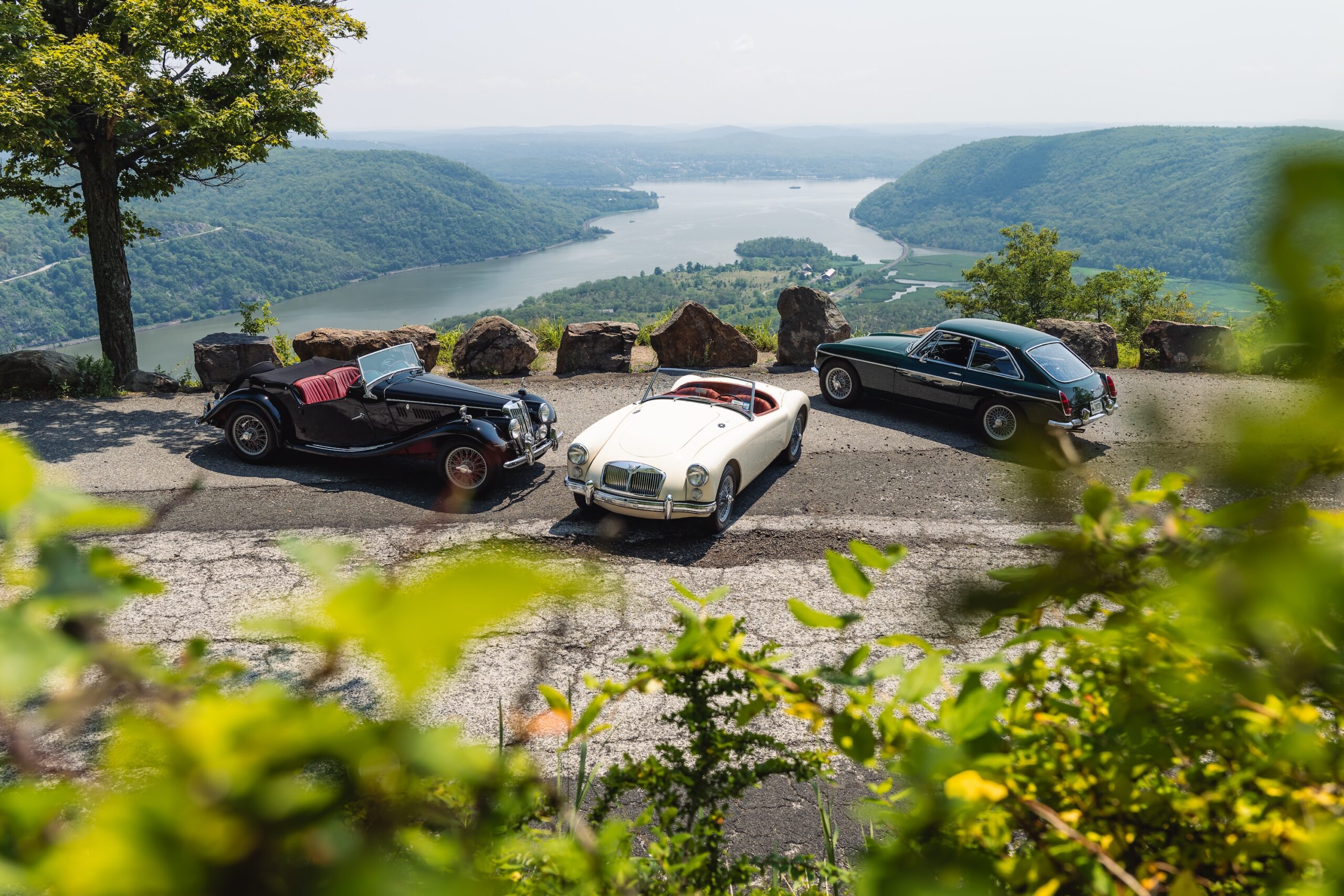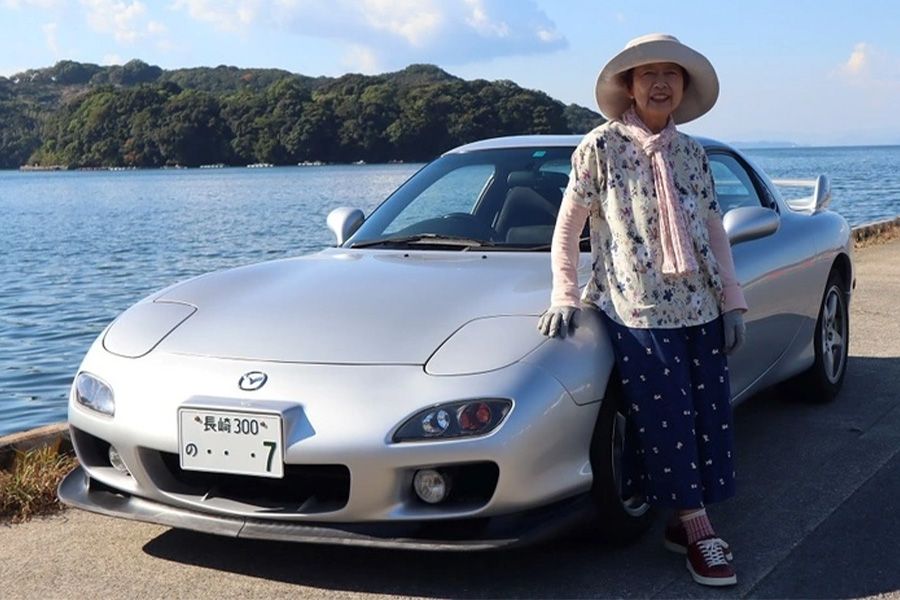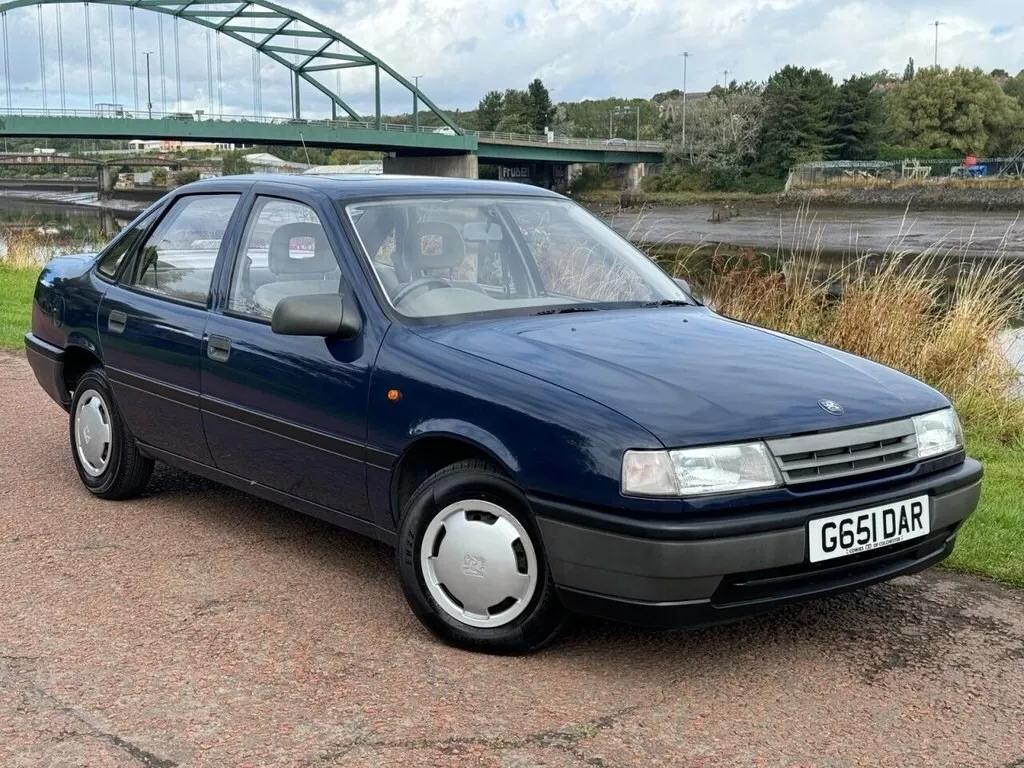Editor’s note: This feature on the ethanol debate appeared recently in Classic Car Weekly.
Here’s the good news: You are not going to wake up tomorrow to find that your classic car has been banned from the roads overnight.

Draconian legislation targeting classic cars is a nightmare scenario in the minds of many enthusiasts. But CCW spent several days talking to leaders of the classic movement in Germany and it’s clear that it’s not going to happen.
There’s still more good news. On behalf of classic enthusiasts, these leaders are mounting coherent arguments against any creeping encroachment on the rights of owners to use and enjoy their vehicles – within reasonable limits.
They have also devised a document, the Turin Charter, that would place classic vehicles on a similar cultural status to that already enjoyed by historic buildings and steam railways.
The bad news is that this work involves incessant lobbying, research and discussion. And much of it entails defending the classic car movement’s currently rather cuddly image.
Greg Stropes, a board member of the Historic Vehicle Association (HVA) in the USA, sums it up this way: “Could our cars go from being seen as a novelty to a nuisance, and then to being viewed as dirty, gas-guzzling death traps? We are trying to get out in front of that and refute any negative accusations.”
The facts about ethanol
-At higher percentages, ethanol causes corrosion in fuel systems, reduces economy and can “wreak havoc” with fuel injectors
-It’s not cost effective, costing $2.24 to produce compared to 63 cents for petrol
-Ethanol requires $1.4 billion in government subsidies to fill this gap
-It has negligible environmental impact because it increases nitrous oxide and other smog-forming emissions
-A 10 per cent ethanol blend worsens fuel consumption by three-five per cent; figures become worse at higher percentages
-It increases corn prices because of higher costs to livestock and poultry producers
-Food prices – particularly meat, milk and eggs – rise
-Ethanol can’t improve the USA’s energy security, because even if production were increased by 1000 per cent, it would account for only one per cent of USA consumption
Here’s just one weapon in the war chest of facts that the HVA, which has 325,000 members, is building up: The average classic car
in the USA covers just 484 miles per year. A filthy polluter? Not at that mileage.
HVA battles against 15% Ethanol
Classic car defenders are pragmatic. “We firmly believe in alternative fuels,” the HVA’s Greg Stropes says. In other words, classic enthusiasts are not single-vision petrolheads. They are not those who deny that environmental problems exist and demand that everything should continue as it always has done.
“E10 is a nuisance, but we can live with it,” Stropes concedes. Ethanol, made from corn, is seen as a partial solution to the world’s fuel problems, and fuel containing 10 per cent of the chemical is now widely used in the USA.
But the classic campaigners also know when to make a stand. “Anything beyond E10 would be intolerable,” Greg insists. “At its heart, ethanol is a solvent. As it travels through your system, it cleans things. So you will have to be more diligent about maintenance, and you’ll have to replace rubber fuel lines.
“It also burns hotter, which will have an impact on cylinder walls and heads, and on catalytic converters.”
So now the HVA is mounting a campaign, Ethano!, against the US government‘s decision to authorise a 50 per cent increase of ethanol content in fuel to 15 per cent for cars made from 2007.
The HVA, which was founded in 2009 and is backed by Hagerty International Limited, also complains that the blending of ethanol is inaccurate in the USA, so that a car owner filling up a pump supposedly supplying a 10 per cent blend doesn’t really know whether he’s getting, say, a five per cent or an 11 per cent mixture. The labelling on pumps can also be vague, so “you don’t know what you putting in your car,” according to Stropes.
The Turin Charter
Several conservation groups have compiled charters that define what counts as historic in their movement, and how historic artefacts or buildings should be maintained and restored. The charters also allow politicians to see that the enthusiasts are the protectors of important elements of a country’s cultural heritage. Existing charters include the Venice Charter 1964, for buildings; the Barcelona Charter 2003, for historic watercraft; and the Riga Charter 2005, for railways.
Now the classic car movement is creating its own document, the Turin Charter, which co-author Thomas Kohler was circulating at Techno Classica, Essen earlier this year.
“It will be a help to politicians, to justify why they should give some privileges to historic vehicles,” says Kohler, a Swiss who owns 20 historic motorcycles.
“We have to be honest,” he continues. “We want to continue the privilege of running classics. But you have to justify your privileges in a democracy. So give us the privilege to drive on the road, and we promise to drive our rolling museum in a proper way. We are the curators of this privately-owned heritage.”
The five-page Turin Charter says that its proposals form “the best way to preserve historic substance unaltered and to allow future generations to enjoy these cultural treasures.”
To the enthusiast, its 15 articles – still in discussion in classic circles before the charter is finalised – might seem like statements of
the obvious. For example, article three states: “The active use of historically valuable vehicles, including on public roads, is essential to the preservation and passing along of the traditional knowledge of processes to future generations.”
But this is the kind of detailed, unglamorous work that is essential if the worldwide classic car movement is to continue to fight for survival and gain concessions from increasingly punitive government legislation.







Got it! Thanks a lot again for heplnig me out!